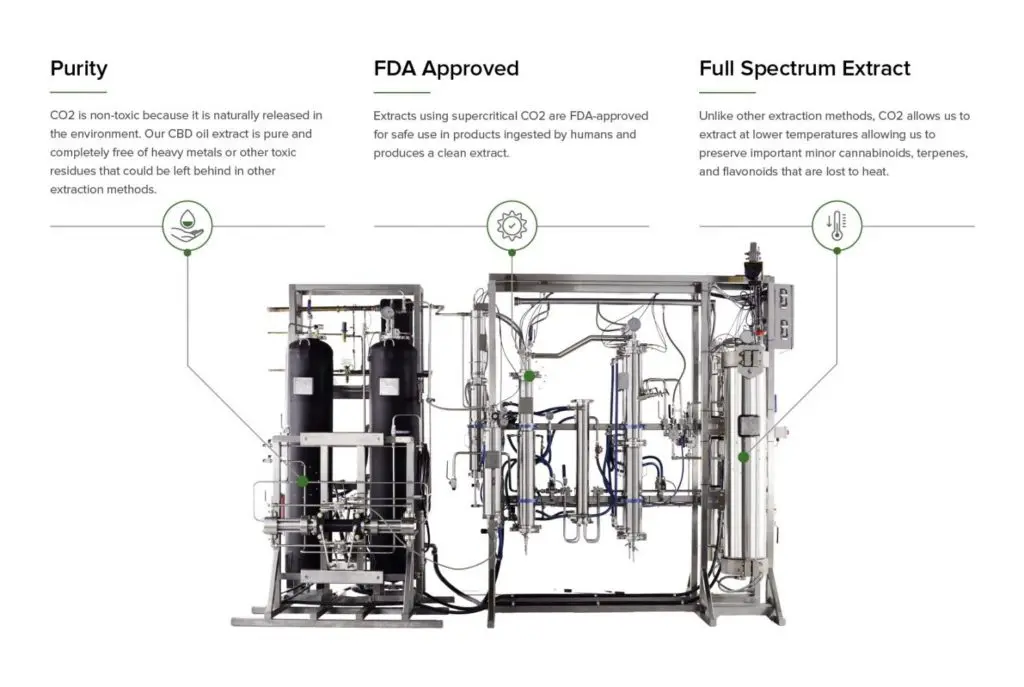Understanding the Current CBD Research Policies: An In-Depth Analysis
Introduction
Research on CBD (cannabidiol) has gained significant attention in recent years due to its potential therapeutic benefits for various health conditions. However, the legal and regulatory landscape surrounding CBD research is complex and continuously evolving. This article aims to provide an in-depth analysis of the current CBD research policies to shed light on the challenges and opportunities for scientists and researchers.
The Legality of CBD Research
Before conducting any research involving CBD, it is crucial to understand the legal status of CBD in the respective jurisdiction. The regulatory framework for CBD can vary between countries, and even within different states or provinces.
In the United States, for example, CBD derived from hemp (containing less than 0.3% THC) was legalized with the passage of the 2018 Farm Bill. This move opened up avenues for research on CBD, but certain restrictions and requirements still apply.
Similarly, other countries may have their own regulations governing CBD research. Researchers must familiarize themselves with these policies and obtain the necessary licenses or permits to conduct their studies legally.
Obtaining CBD for Research Purposes
Once the legalities are understood, the next challenge lies in procuring CBD for research purposes. Researchers typically obtain CBD through two primary sources:
1. Government-funded Sources
Some countries allow researchers to obtain CBD through government-funded sources. Typically, these sources are controlled and regulated to ensure quality and standardization.
However, such programs may have limited availability, and researchers often have to go through a rigorous application process. Additionally, the specific strains or concentrations of CBD available through government-funded sources may not always align with the researcher’s requirements.
2. Independent Sources
Alternatively, researchers may choose to obtain CBD from independent sources, such as licensed producers or dispensaries. While this provides greater flexibility in terms of strain selection and concentration, researchers must ensure that the CBD they acquire complies with legal regulations and quality standards.
Clinical Trials and Research Protocols
Once researchers have acquired CBD for their studies, they must design and conduct their research protocols in accordance with ethical guidelines and regulatory requirements.
For clinical trials involving CBD, researchers need to obtain approval from the relevant regulatory bodies, such as the FDA in the United States. This approval process involves submitting detailed study protocols, safety data, and informed consent procedures.
Moreover, researchers must adhere to good clinical practice (GCP) guidelines when conducting CBD research. GCP ensures that the study is conducted ethically, with participant safety as the top priority.
The Future of CBD Research Policies
The CBD research landscape is continuously evolving, with policymakers and regulatory bodies adapting to the growing interest in CBD as a therapeutic agent. As research progresses, regulations are likely to undergo modifications to facilitate further scientific exploration.
For instance, the World Health Organization (WHO) has recognized the therapeutic potential of CBD and called for a review of its current international regulations.
It is crucial for researchers and policymakers to work collaboratively to strike a balance between promoting scientific advancement and ensuring public safety. Streamlining research policies, improving accessibility to CBD for research purposes, and establishing clearer guidelines will contribute to the growth of evidence-based knowledge on CBD.
Conclusion
Understanding the current CBD research policies is essential for researchers looking to explore the therapeutic benefits of CBD. Researchers must thoroughly familiarize themselves with the legal landscape, procure CBD from appropriate sources, and design their studies in compliance with regulatory requirements. As CBD research progresses, it is expected that policies will evolve to better accommodate scientific exploration and pave the way for a more comprehensive understanding of CBD’s potential.
References:
Share:



